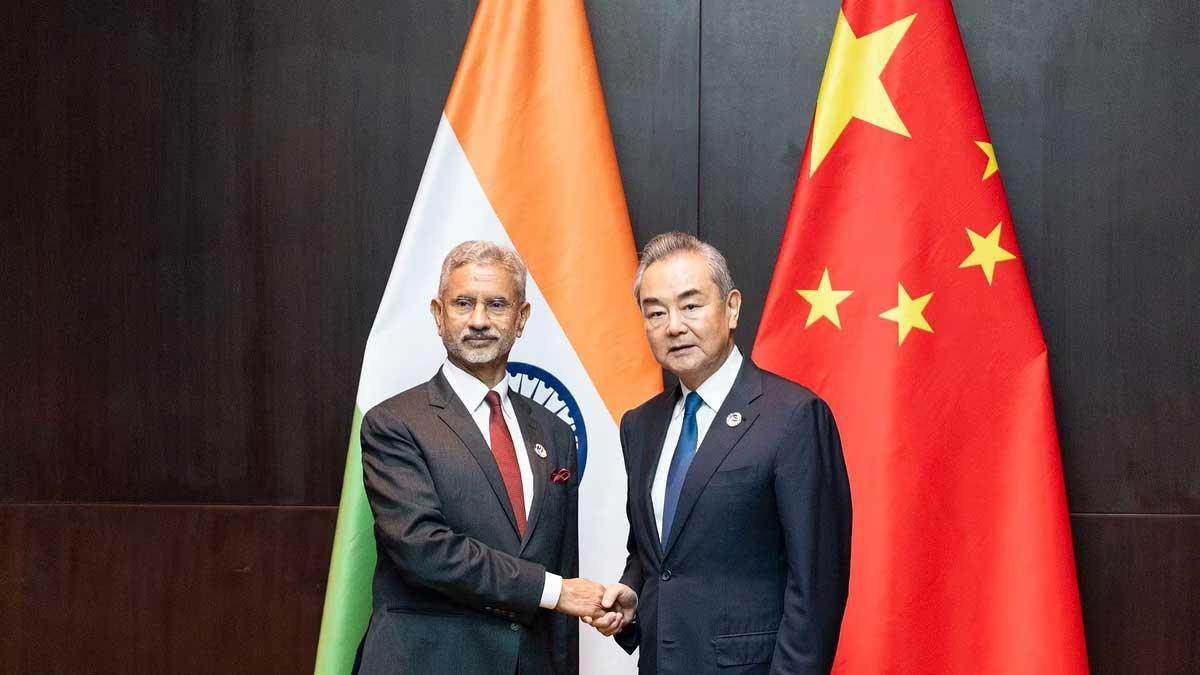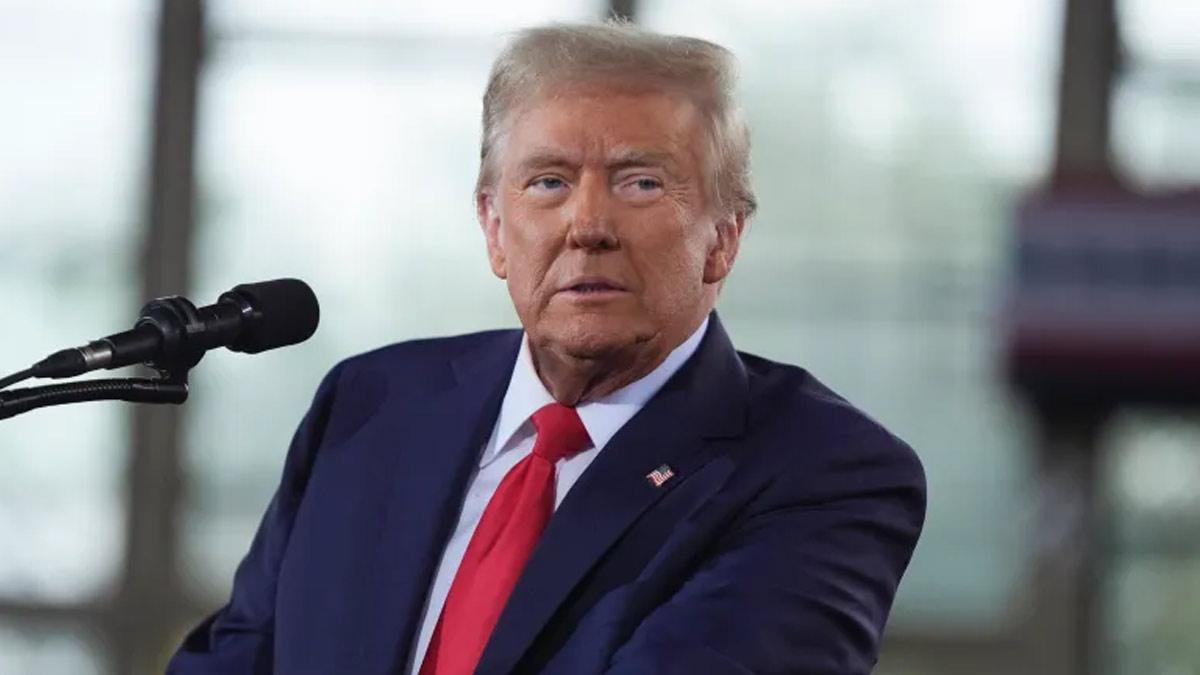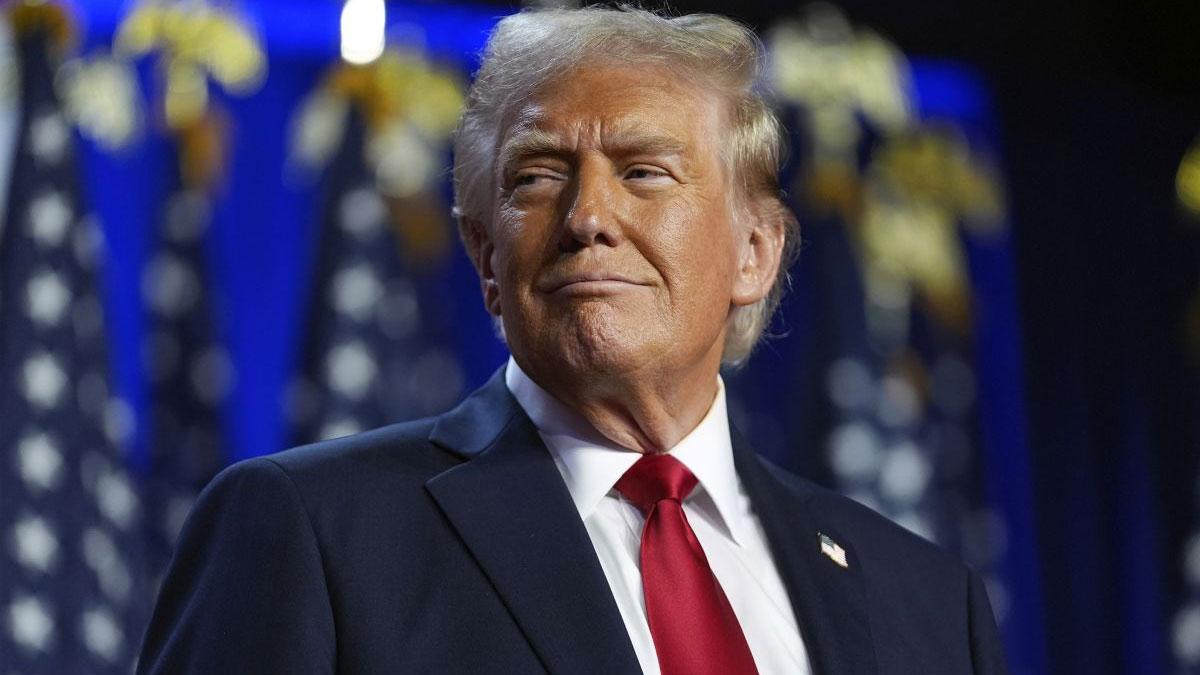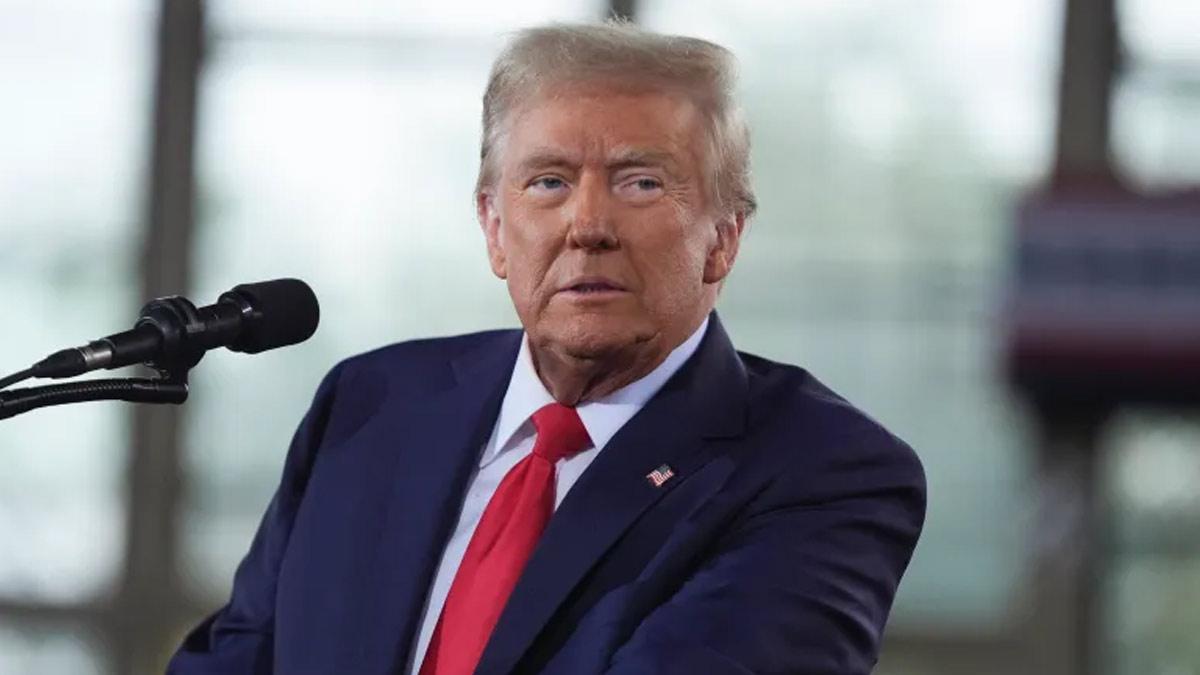Indian External Affairs Minister S. Jaishankar highlighted the fact that respect for the LAC and adherence to past agreements would be the way to stabilize and rebuild relations with China. He said this in a statement after his meeting with his Chinese counterpart, Wang Yi—the second this month.
Jaishankar and Wang met in Vientiane, which is hosting the ASEAN Foreign Ministers' Meetings, and discussed the "ongoing need to guide the completion of the disengagement process" that began after the military standoff in eastern Ladakh in May 2020.
Met with CPC Politburo member and FM Wang Yi in Vientiane today. Continued our ongoing discussions about our bilateral relationship. The state of the border will necessarily be reflected on the state of our ties. Agreed on the need to give strong guidance to complete the disengagement process. Must ensure full respect for the LAC and past agreements. Jaishankar said in a post on X after meeting with Wang on the sidelines of the ASEAN Foreign Ministers' Meetings here.
The meeting took place against the background of a prolonged border row that had crossed one year in May. Jaishankar and Wang agreed on the urgency of finalizing disengagement efforts, underlining respect for the LAC and previous agreements to stabilize ties. Jaishankar emphasized that immediate concerns must be dealt with determination and urgency.
The Ministry of External Affairs now claims that both ministers were in a position to take full stock of the situation, since the Astana meet took place on July 4. It not only focuses on speeding up solution processes of remaining problems along LAC, but also gives space for bilateral relations. In this regard, the MEA statement says that both sides have agreed on the need to work for speedy and effective efforts so that full disengagement could be achieved. It also reiterated that peace and tranquility along the borders and adherence to past agreements are essential for normalising relations.
Both sides agreed to have an early meeting of the WMCC to take the discussions forward. The two ministers also exchanged views on global and regional issues.
On the visit, China's foreign ministry said Wang highlighted the need to strengthen dialogue and communication with India under the complex current global situation. Wang suggested an increase in mutual understanding and cooperation between two neighboring major developing countries, proper dealing with differences, and striving for a stable and sustainable relationship. He also said that improvement of China-India relations is long overdue; it is not only important for the bilateral relationship but also for the "Global South."
He expressed the hope that the two countries would meet halfway, seek constructive ways to interact, and foster good mutual understanding. The relations between China and India should be aligned with principles, not only in the interests of the two countries but also to meet the expectations of the global community.
Both sides have agreed to keep peace and tranquility on the border and make progress on border consultations. Jaishankar and Wang had earlier met on July 4 in Astana on the sidelines of a Shanghai Cooperation Organisation summit, where Jaishankar reiterated India's position that the relations be based on mutual respect, interest and sensitivity.
The military stand-off, as per se, since May 2020 is yet to be completely resolved even though disengagement from some friction points has taken place. The relations between both nations plunged drastically following the violent clash in Galwan Valley in June 2020. 21 rounds of Corps Commander-level talks on the stand-off have been held while the latest round of high-level military talks took place in February. While no breakthrough was announced from the 21st round, both sides agreed to further efforts for the preservation of peace and the keeping of communication open for further progress.
Read also | Wildfires Sweep Through US, Triggering Evacuations and Road Closures


















